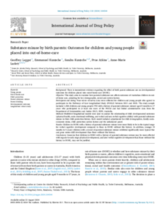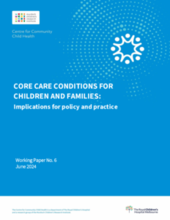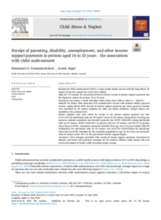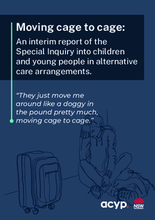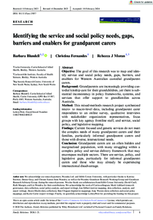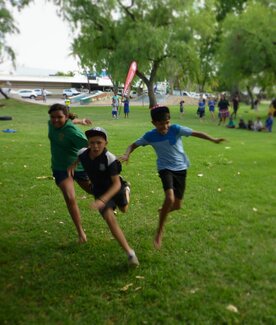

Displaying 31 - 40 of 677
This study aims to examine how parental substance use affects outcomes of Australian children in out-of-home care, adjusting for key demographic, social and system factors.
Victoria is removing more First Nations children from their families than any other state in the country, and at almost twice the national rate, according to new data from the Productivity Commission.
A new foster care campaign has launched in Western Australia that embraces inclusivity, via Initiative Media.
The 17th session of United Nations Expert Mechanism on the Rights of Indigenous People (EMPRIP) was held in Geneva this month, highlighting Aboriginal and Torres Strait Islander child removals.
PM declares ‘dark and sorrowful day’ as royal commission details decades of abuse in state and faith-based institutions
This working paper describes the core care conditions that young children, their parents / caregivers and their families need to flourish. The paper is intended for policymakers and practitioners in Australia who are designing and delivering services and supports to young children and their families.
This study was based in Southern Australia and aimed to examine the association between child maltreatment and the receipt of income support payments and the budgetary impact for persons 16 to 33 years.
In a secret meeting as Victoria’s budget was being announced, the full scale of the historical abuse of children in state care – and its impact on the government’s finances – was being laid bare.
This interim report based in Australia focuses on hearing the lived experiences of children and young people in alternative care arrangements and lifts up the voices of those who have participated in private hearings as part of this Special Inquiry to date.
The goal of this research was to map and identify service and social policy needs, gaps, barriers, and enablers for Western Australian custodial grandparent carers.

